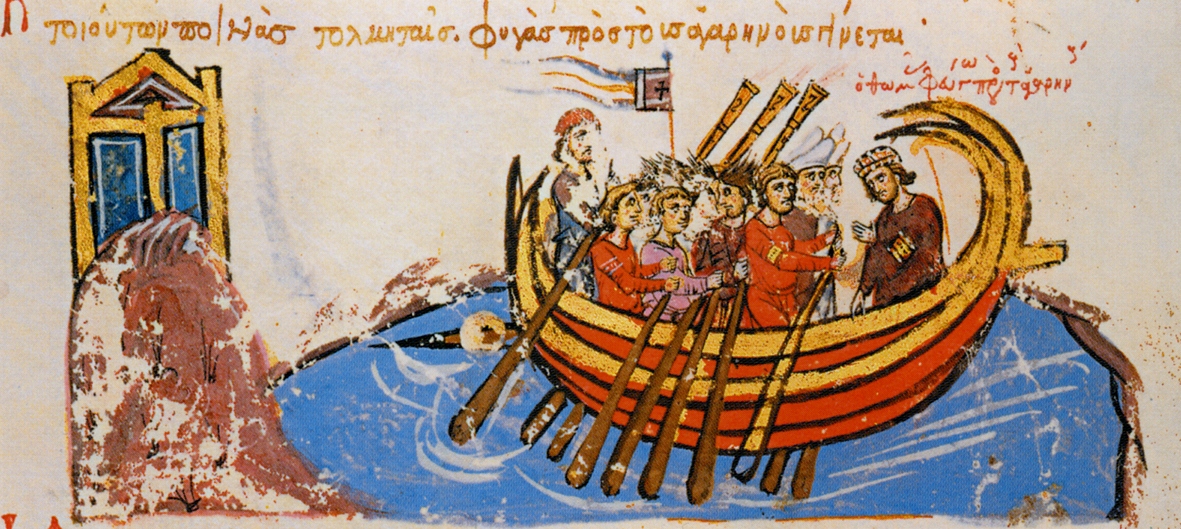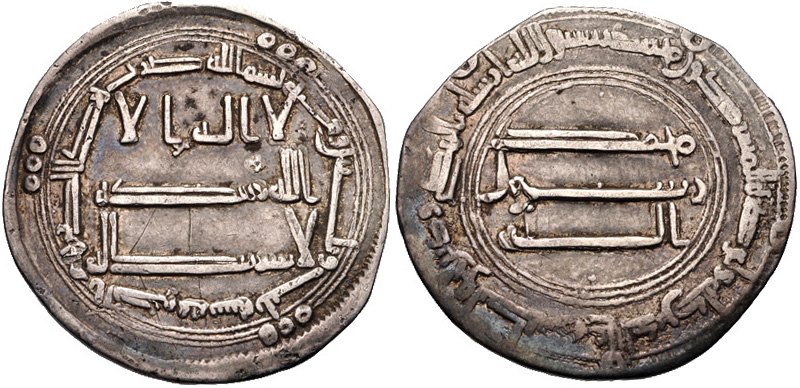|
820s
The 820s decade ran from January 1, 820, to December 31, 829. Significant people * Louis the Pious * Egbert of Wessex * Michael II * Thomas the Slav * Omurtag of Bulgaria * Al-Ma'mun References {{DEFAULTSORT:820s 820s, ... [...More Info...] [...Related Items...] OR: [Wikipedia] [Google] [Baidu] |
Egbert Of Wessex
Ecgberht (770/775 – 839), also spelled Egbert, Ecgbert, Ecgbriht, Ecgbeorht, and Ecbert, was King of Wessex from 802 until his death in 839. His father was King Ealhmund of Kent. In the 780s, Ecgberht was forced into exile to Charlemagne's court in the Frankish Empire by the kings Offa of Mercia and Beorhtric of Wessex, but on Beorhtric's death in 802, Ecgberht returned and took the throne. Little is known of the first 20 years of Ecgberht's reign, but it is thought that he was able to maintain the independence of Wessex against the kingdom of Mercia, which at that time dominated the other southern English kingdoms. In 825, Ecgberht defeated Beornwulf of Mercia, ended Mercian Supremacy, Mercia's supremacy at the Battle of Ellandun, and proceeded to take control of the Mercian dependencies in southeastern England. In 829, he defeated Wiglaf of Mercia and drove him out of his kingdom, temporarily ruling Mercia directly. Later that year Ecgberht received the submission of ... [...More Info...] [...Related Items...] OR: [Wikipedia] [Google] [Baidu] |
Michael II
Michael II ( gr, Μιχαὴλ, , translit=Michaēl; 770–829), called the Amorian ( gr, ὁ ἐξ Ἀμορίου, ho ex Amoríou) and the Stammerer (, ''ho Travlós'' or , ''ho Psellós''), reigned as Byzantine Emperor from 25 December 820 to his death on 2 October 829, the first ruler of the Amorian dynasty. Born in Amorium, Michael was a soldier, rising to high rank along with his colleague Leo V the Armenian ( 813–820). He helped Leo overthrow and take the place of Emperor Michael I Rangabe. However, after they fell out Leo sentenced Michael to death. Michael then masterminded a conspiracy which resulted in Leo's assassination at Christmas in 820. Immediately he faced the long revolt of Thomas the Slav, which almost cost him his throne and was not completely quelled until spring 824. The later years of his reign were marked by two major military disasters that had long-term effects: the beginning of the Muslim conquest of Sicily, and the loss of Crete to the Saracens. Do ... [...More Info...] [...Related Items...] OR: [Wikipedia] [Google] [Baidu] |
Louis The Pious
Louis the Pious (german: Ludwig der Fromme; french: Louis le Pieux; 16 April 778 – 20 June 840), also called the Fair, and the Debonaire, was King of the Franks and co-emperor with his father, Charlemagne, from 813. He was also King of Aquitaine from 781. As the only surviving son of Charlemagne and Hildegard, he became the sole ruler of the Franks after his father's death in 814, a position which he held until his death, save for the period 833–34, during which he was deposed. During his reign in Aquitaine, Louis was charged with the defence of the empire's southwestern frontier. He conquered Barcelona from the Emirate of Córdoba in 801 and asserted Frankish authority over Pamplona and the Basques south of the Pyrenees in 812. As emperor he included his adult sons, Lothair, Pepin and Louis, in the government and sought to establish a suitable division of the realm among them. The first decade of his reign was characterised by several tragedies and embarrassments, no ... [...More Info...] [...Related Items...] OR: [Wikipedia] [Google] [Baidu] |
Thomas The Slav
Thomas the Slav ( gr, Θωμᾶς ὁ Σλάβος, Thōmas ho Slavos, – October 823) was a 9th-century Byzantine Empire, Byzantine military commander, most notable for leading a wide-scale revolt in 821–23 against Byzantine emperor, Emperor Michael II the Amorian (). An army officer of Early Slavs, Slavic origin from the Pontus (region), Pontus region (now north-eastern Turkey), Thomas rose to prominence, along with the future emperors Michael II and Leo V the Armenian (), under the protection of general Bardanes Tourkos. After Bardanes' failed rebellion in 803, Thomas fell into obscurity until Leo V's rise to the throne, when Thomas was raised to a senior military command in central Asia Minor. After the murder of Leo and usurpation of the throne by Michael the Amorian, Thomas revolted, claiming the throne for himself. Thomas quickly secured support from most of the Theme (Byzantine district), themes (provinces) and troops in Asia Minor, defeated Michael's initial cou ... [...More Info...] [...Related Items...] OR: [Wikipedia] [Google] [Baidu] |
Omurtag Of Bulgaria
Omurtag (or Omortag) ( bg, Омуртаг; original gr, Μορτάγων and Ομουρτάγ', Inscription No.64. Retrieved 10 April 2012.) was a Great Khan (''Kanasubigi'') of Bulgaria from 814 to 831. He is known as "the Builder". In the very beginning of his reign he signed a 30-year peace treaty with the neighboring Byzantine Empire which remained in force to the end of his life. Omurtag successfully coped with the aggressive policy of the Frankish Empire to take Bulgaria's north-western lands and suppressed the unrest among several Slavic tribes. He made administrative reforms which increased the power and the authority of the central government. His reign was marked with a strong development of Bulgarian architecture with a number of significant construction projects. Rise to the throne After the death of Khan Krum there was a short period of political instability in the country. Some sources mention that Bulgaria was ruled by three nobles - "Dukum" (Δούκουμος; ... [...More Info...] [...Related Items...] OR: [Wikipedia] [Google] [Baidu] |
Al-Ma'mun
Abu al-Abbas Abdallah ibn Harun al-Rashid ( ar, أبو العباس عبد الله بن هارون الرشيد, Abū al-ʿAbbās ʿAbd Allāh ibn Hārūn ar-Rashīd; 14 September 786 – 9 August 833), better known by his regnal name Al-Ma'mun ( ar, المأمون, al-Maʾmūn), was the seventh Abbasid caliph, who reigned from 813 until his death in 833. He succeeded his half-brother al-Amin after a civil war, during which the cohesion of the Abbasid Caliphate was weakened by rebellions and the rise of local strongmen; much of his domestic reign was consumed in pacification campaigns. Well educated and with a considerable interest in scholarship, al-Ma'mun promoted the Translation Movement, the flowering of learning and the sciences in Baghdad, and the publishing of al-Khwarizmi's book now known as "Algebra". He is also known for supporting the doctrine of Mu'tazilism and for imprisoning Imam Ahmad ibn Hanbal, the rise of religious persecution ('' mihna''), and for the resum ... [...More Info...] [...Related Items...] OR: [Wikipedia] [Google] [Baidu] |





